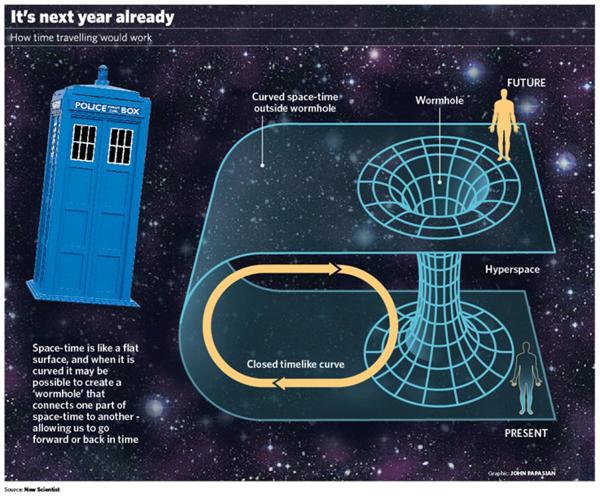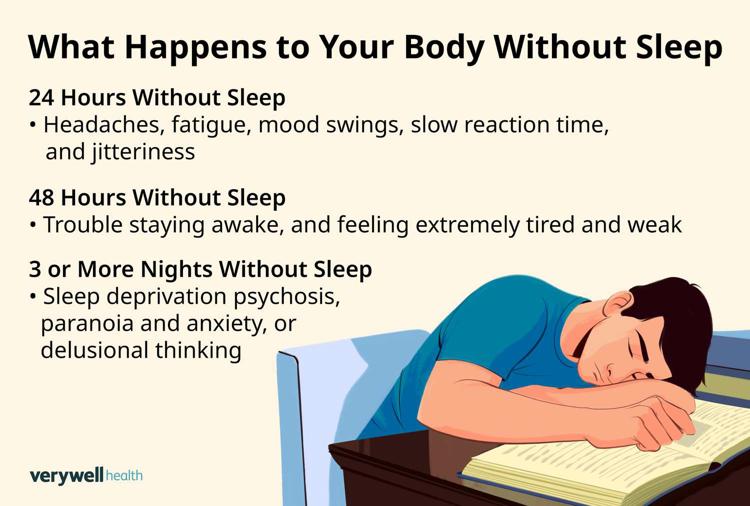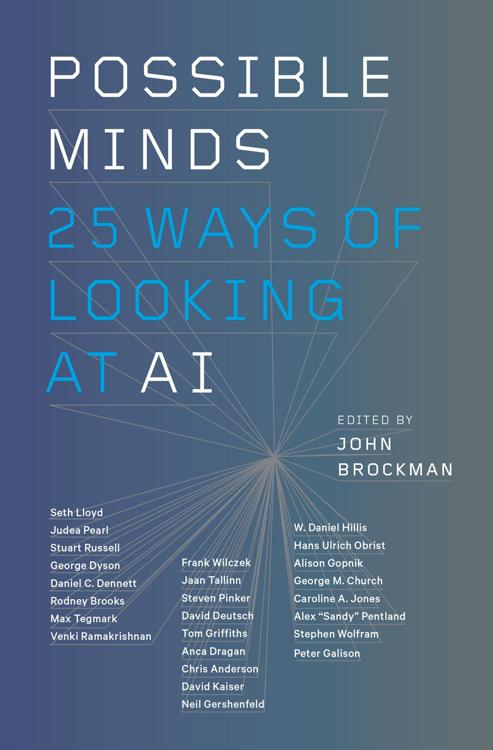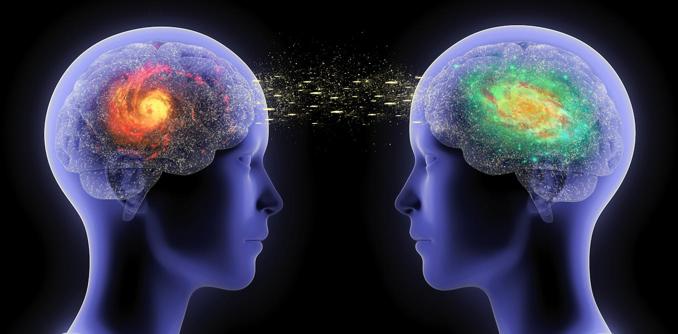Is Time Travel Theoretically Possible?
Exploring the Concept of Time Travel: Theoretical Possibilities

Frequently Asked Questions
The biggest obstacle is the requirement for technology and energy levels far beyond our current capabilities, especially to stabilize wormholes or to attain speeds close to the speed of light.
Time dilation shows that time is not a constant and can vary depending on speed and gravity, suggesting that time travel into the future could theoretically be achieved by traveling at high speeds or in strong gravitational fields.
Step by Step Guide
1
Understanding Time Travel
Before diving into the theoretical possibilities, we need to understand what time travel means. Time travel refers to the idea of moving between different points in time, much like we move between different points in space.
2
Einstein's Theory of Relativity
Albert Einstein's theory of relativity is pivotal in any discussion of time travel. It consists of the special relativity and general relativity principles, which describe how time can be perceived differently depending on an observer's speed and gravitational fields.
3
Gravity and Time Dilation
Under general relativity, gravity can affect time. This phenomenon, known as time dilation, suggests that time moves slower in stronger gravitational fields. Time dilation has been confirmed through experiments, like those involving atomic clocks flown around the Earth.
4
Travelling at the Speed of Light
According to special relativity, as an object approaches the speed of light, time for that object slows relative to an observer. This leads to the theoretical possibility that if a spacecraft could achieve near-light speed, the occupants would experience less time passing than people who remained on Earth.
5
Wormholes: Theoretical Bridges in Space-Time
Theoretically, wormholes could provide shortcuts through space-time. These hypothetical passages could connect distant points in time and space, but currently, there is no experimental evidence that they exist or can be stabilized for travel.
6
Closed Timelike Curves
Some solutions to Einstein's equations lead to closed timelike curves. This concept suggests that it may be possible to return to a previous point in time. However, these solutions often require exotic conditions that may not be achievable.
7
Paradoxes of Time Travel
One significant consideration in time travel discussions is the paradoxes it may create, such as the grandfather paradox—where altering past events could prevent one's existence.
8
Quantum Mechanics and Time Travel
Some interpretations of quantum mechanics, such as the many-worlds interpretation, suggest that time travel may not lead to paradoxes as it could create alternate realities rather than changing the past.
9
Practical Challenges
Even if/time travel were theoretically possible, practical challenges arise, including the need for immense energy, advanced technology, and a better understanding of physics.
10
Conclusion: The State of Time Travel Research
While theoretical frameworks for time travel exist, they remain highly speculative. Ongoing research in physics may someday provide insights, but for now, time travel remains a tantalizing concept primarily explored in science fiction.








